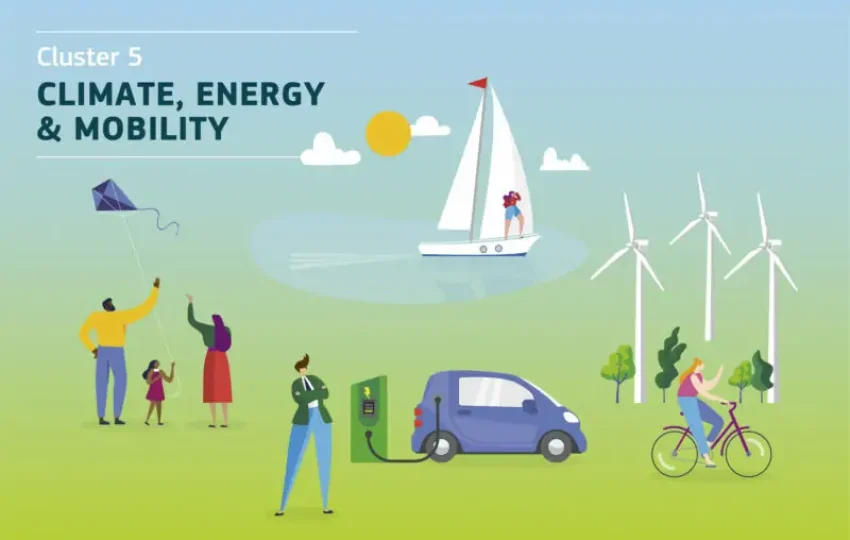On January 20th, 2020 the European Commission adopted the initial humanitarian budget for 2020. The budget is worth 900 million euros and is helping the EU maintain the position as the world’s leading global humanitarian by providing assistance to over 80 countries. This help will cover needs from protracted conflicts in Africa and the Middle East all the way to the humanitarian crisis and food crisis that is intensifying.
EU humanitarian aid allows us to save millions of lives worldwide, putting EU global solidarity into action. Yet humanitarian crises are increasing in complexity and severity. Even though conflict remains the main cause of hunger and displacement, its impact has become seriously worsened by climate change. Europe has a responsibility to show solidarity and support for those in need. Our assistance depends on full humanitarian access so aid organizations can do their lifesaving job,
Janez Lenarčič, Commissioner for Crisis Management.
The budget of the programme is already being allocated. 400 million euros are going to be used to support and run programmes in Africa. The EU’s aim is to support the people that are being affected by long-term conflicts in the Democratic Republic of Congo. The programme will also focus on helping those suffering from the food and nutrition crisis in Sahel and those that have been chased away from South Sudan, Central African Republic and Lake Chad basin due to the high levels of violence in the areas.
345 million euros will be allocated by the EU for funding in the Middle East addressing the crisis in Syria and all refugees in neighbouring countries as well as the situation in Yemen that is rapidly growing to a critical situation.
111 million euros will be allocated to Asia and Latin America in an effort to continue assisting vulnerable populations in the area that are being mostly affected by the crisis in Venezuela as well as refugees in all the neighbouring countries. Asian countries such as Afganistan that have been a victim of war for nearly forty years now as well as Myanmar and Bangladesh which host Rohingya populations will continue to receive the EU’s help.
The humanitarian plan will also aim to assist communities that are becoming vulnerable due to climate change in disaster prone countries. The aim is to better prepare for various natural disasters such as floods, forest fires and cyclones.
Background
EU humanitarian aid is impartial and independent. Aid is provided on a needs-basis and delivered in accordance with humanitarian principles of humanity, neutrality, impartiality and independence. The EU’s humanitarian assistance supports millions of people in need globally. EU assistance is delivered only through humanitarian partner organisations, including UN agencies, non-governmental organisations and the Red Cross family, who have signed partnership agreements with the European Commission. The Commission closely tracks the use of EU funds via its global network of humanitarian experts and has firm rules in place to ensure funding is well spent.
All the information was taken by the EU’s official website. You can find the original article here:
https://ec.europa.eu/commission/presscorner/detail/en/ip_20_67


